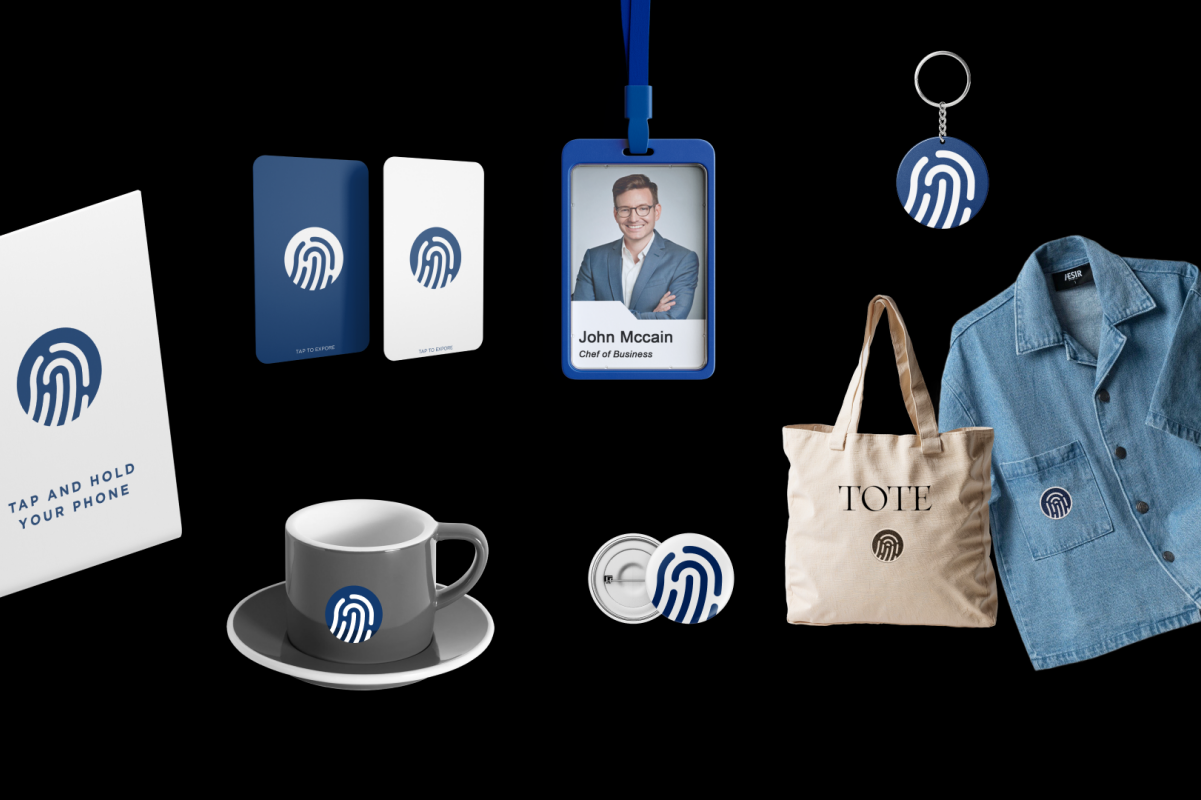
Through the integration of blockchain and NFC technology, ordinary gifts can become unique, emotionally significant, and irreplaceable treasures that bridge the physical and digital worlds.
Transforming the meaning of gifts
Le Minh, an office worker in Ho Chi Minh City, received a small CD model as a birthday gift from a tech-savvy friend. What made the gift exceptional was its interactive feature - when scanned with a smartphone, it revealed a personalized webpage with videos, messages, and photos from his birthday celebration.
"This gift was so surprising and meaningful, as it encapsulated all the love and memories from my birthday. It felt very different from the usual gifts I’ve received before," Minh shared.
Such gifts may seem futuristic, but they are already possible today. With just an NFC chip and a blend of modern technologies, gifts can be imbued with "soul," creating a deeply personal experience for recipients.
Adding "soul" to gifts with technology
Huy Nguyen and Nam Do, two former Google engineers, co-founded Phygital Labs to explore ways to merge the physical and digital realms through their Nomion solution.
This technology incorporates RFID chips with NFC capabilities, allowing users to interact with gifts both physically and digitally. Blockchain technology is used to verify ownership, ensuring that each gift is a unique, non-replicable item tied to its owner.
The encrypted RFID chips become "dead" if removed from the gift, preventing counterfeiting. Furthermore, the gifts can include multimedia content, such as product stories, brand narratives, or personalized messages, creating a memorable experience for recipients.
Beyond gifts: applications in fashion and cultural preservation
While these innovations have transformed gifting, they also hold potential in industries like fashion and cultural heritage. By combining advanced storytelling with blockchain-backed ownership verification, brands and organizations can preserve authenticity and enhance user engagement.
For instance, luxury items or collectibles can be embedded with chips that provide detailed product origin, anti-counterfeiting verification, and ownership authentication. Once verified on the blockchain, these items can also function as digital assets, enabling transparent transactions.
Nguyen Van Tung, a blockchain expert, emphasized that blockchain’s potential goes far beyond cryptocurrencies. It can be applied across sectors such as healthcare, finance, education, fashion, and agriculture.
Vietnam's National Strategy on Blockchain Development and Application to 2025, Vision to 2030 underscores the importance of using blockchain to support the country’s digital economy. However, Tung highlighted the need to educate the public about its versatile applications to unlock its full potential.
By combining creativity with cutting-edge technology, Phygital Labs and similar initiatives are redefining the gifting industry. These innovations allow gifts to transcend their traditional, static forms and transform into dynamic, storytelling artifacts that create lasting memories.
Such advancements not only elevate the value of gifts but also reinforce Vietnam’s position as a pioneer in digital innovation, creating a future where every gift has a story and a unique identity.
Le My